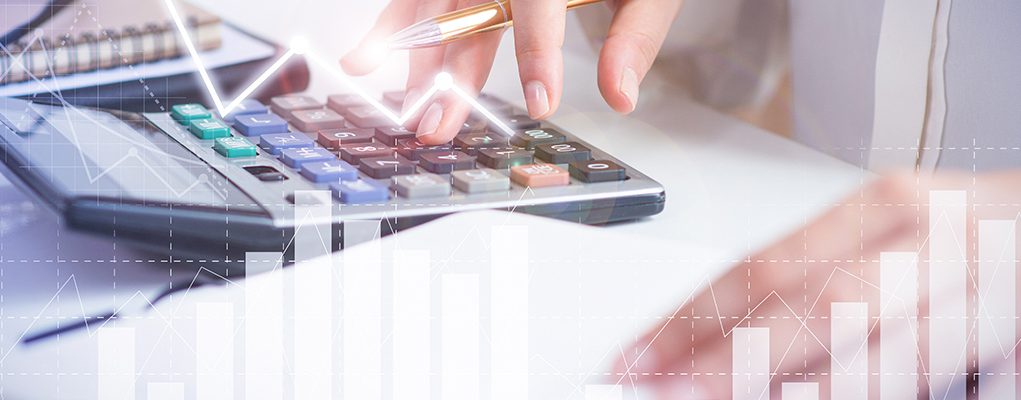The tax would be calculated and imposed based on the volume of the smallest immediate container holding the liquid, stated the document, and Cannabis-based vape products would be exempt since they are already subject to excise duties on cannabis.
“The last federal licensee in the supply chain who packaged the vaping product for final retail sale, including vape shops holding an excise license, as applicable, would be liable to pay the applicable excise duty,” reads the tax proposal, explaining which entity is responsible for paying the tax.
In an episode on Regulator Watch, Professor of Economics at Concordia University and Research Fellow at the C.D. Howe Institute Ian Irvine, discusses the imminent tax. He said that the proposals have not been finalized yet some form of tax should be expected to launch for this year’s budget. Irvine explained how following the tax will affect regular vapers differently, according to the e-liquid amounts and nicotine concentrations they consume.








